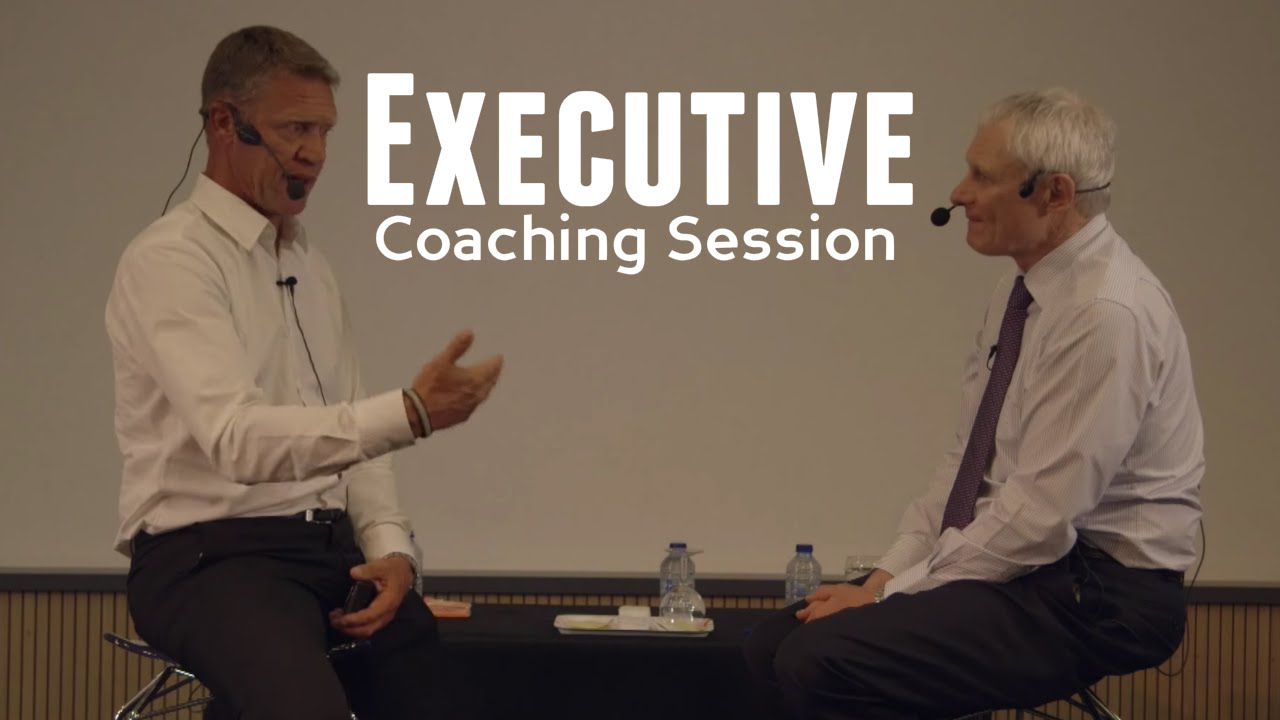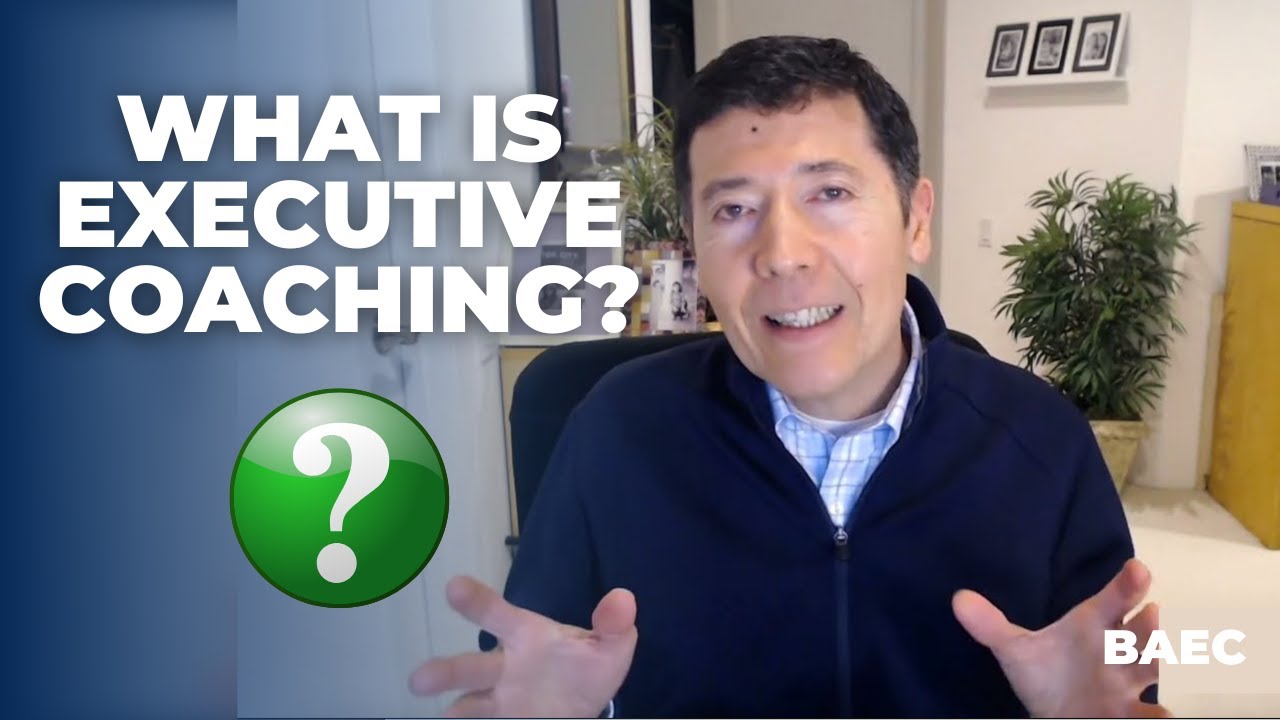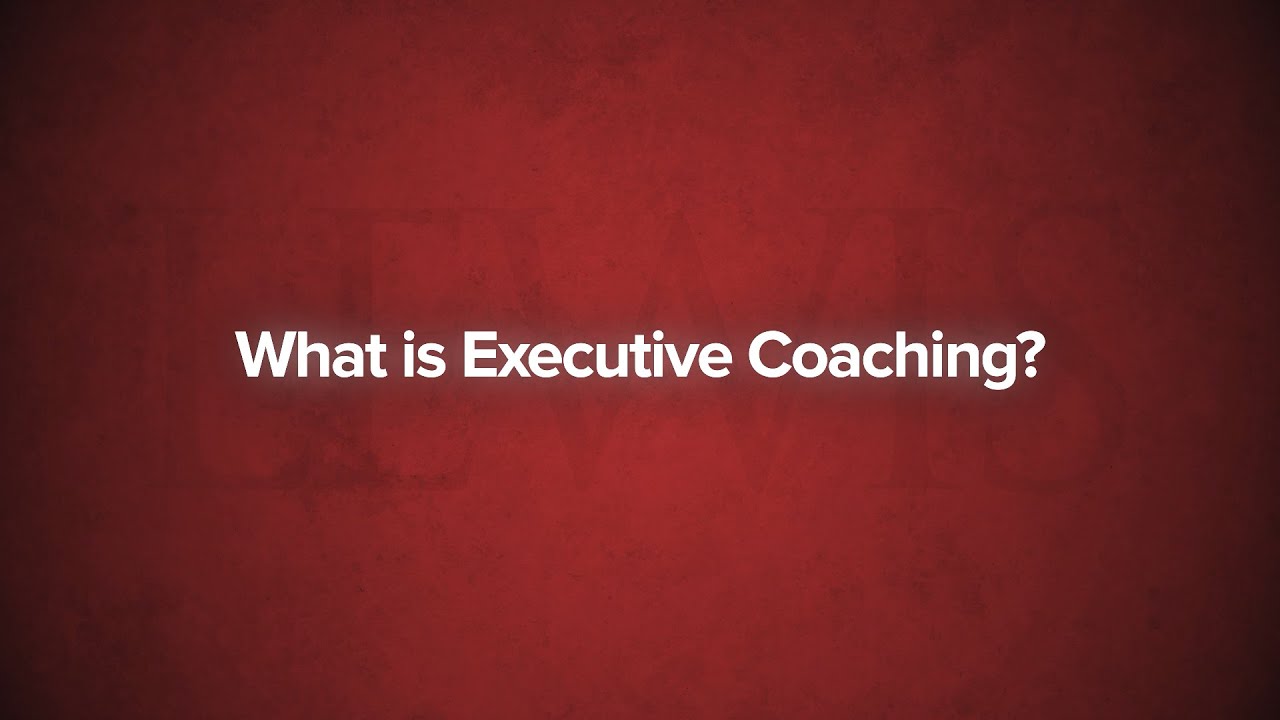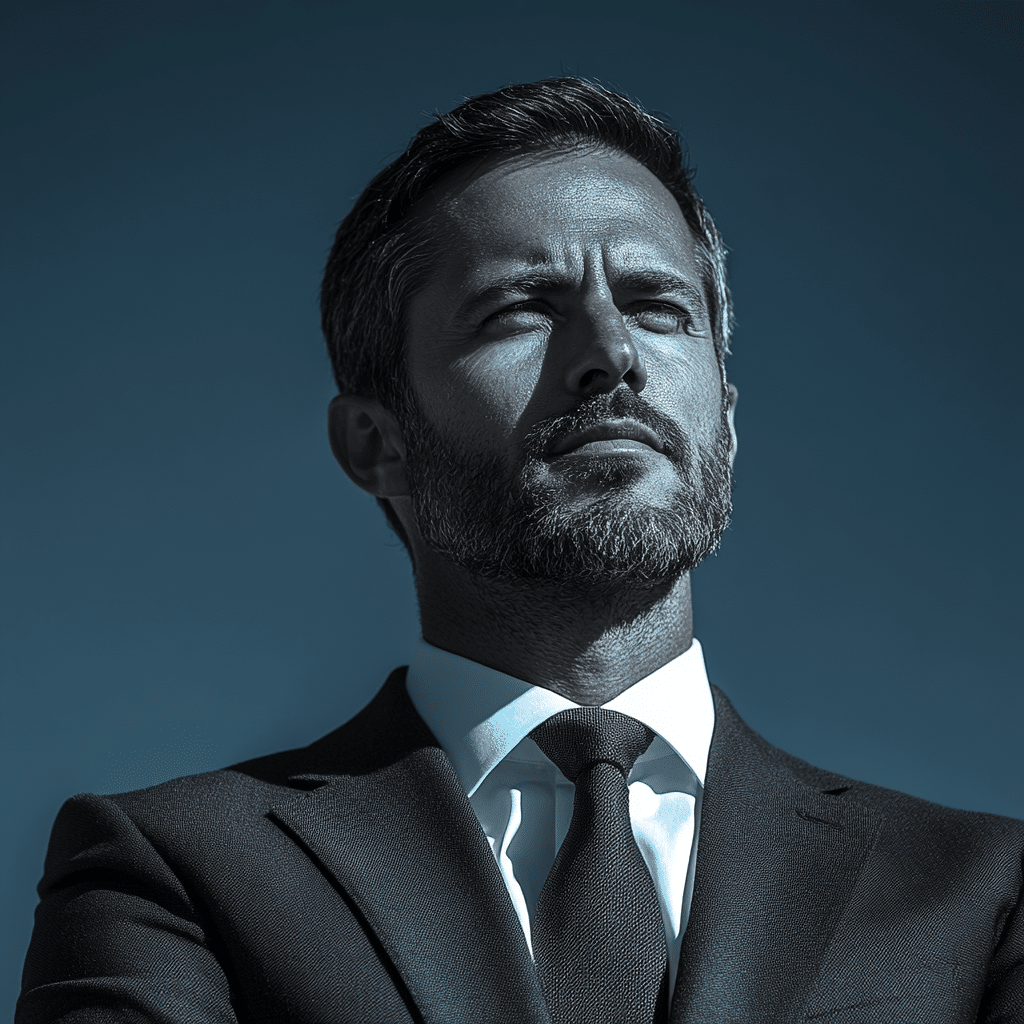Executive coaching services have emerged as essential tools for developing future leaders in today’s fast-paced corporate environment. These services furnish leaders with the skills vital for adapting and thriving amidst rapid changes. With tailored guidance, executive coaching shapes versatile, visionary, and empathetic leaders, essential traits needed to steer organizations into sustainable success. The influence of executive coaching on leadership development cannot be overstated—fueling emotional intelligence, sharpening decision-making, and refining communication skills.

The Critical Role of Executive Coaching in Leadership Development
Leaders today face an ever-shifting landscape that demands adaptability and foresight. Here’s where executive coaching services stand distinct, offering personalized mentoring that zeroes in on critical skills.

Top Executive Coaching Practices Shaping Future Leaders
The transformative impact of executive coaching services lies in their innovative approaches. Here are key practices reshaping leadership development:

| Aspect | Details |
| Definition | Executive coaching provides confidential, one-on-one sessions aimed at developing leadership skills for C-suite members and other senior executives. |
| Average Fee | Ranges from $200 to $800 per hour, with some premium coaches charging up to $3,500 per hour. |
| Target Audience | Vice Presidents, Senior Directors, Founders, Chief Executive Officers, and other C-suite members. |
| Key Objectives | Strengthen leadership qualities, uncover blind spots, change behaviors for improved business results, and support role transitions or increased responsibilities. |
| Coaching Styles | – Executive Coaching: Focuses on strategic decision-making and visionary leadership. |
| – Leadership Coaching: Targets individual skill development and team management. | |
| Unique Program Example | The Gravitas Principle® focuses on developing four pillars: Communication Skills, Confidence, Charisma, and Professional Image. |
| Benefits | – Enhancements in individual, team, and organizational performance. |
| – High ROI of 788% through factors like productivity increases and higher employee retention as shown by Metrix Global study. | |
| Certifications | While not required, certifications are valued by companies, demonstrating commitment to the profession and an investment in career-long learning. |
| Industry Impact | Executive coaching is considered a strategic tool for developing effective leaders and driving organizational success across different industries. |
The Transformative Impact of Executive Coaching Services
Executive coaching has fundamentally transformed the trajectory of many leaders. Take Indra Nooyi, former CEO of PepsiCo. With strategic coaching, Nooyi championed a shift towards healthier products, aligning sustainability with growth, crafting a blueprint for modern corporate leadership. Her approach demonstrates how executive coaching can harness the potential not just of individuals, but entire organizations.

Future Trends in Executive Coaching for Leaders
The horizon of executive coaching is rich with trends set to redefine leadership enhancement:

Crafting Tomorrow’s Leaders with Executive Coaching
Executive coaching services reimagine leadership development, preparing leaders to tackle global challenges with agility and empathy. Through dedicated mentorship and strategic insights, coaching paves the way for a revolutionary era of leadership. As organizations look forward, executive coaching emerges as indispensable, equipping leaders for the uncertainties and opportunities that lie ahead.
These services serve as a catalyst for leaders to not only face but flourish in future challenges. They draw from a rich array of experiences and strategies, much like those detailed in guiding How To land speaking Gigs or motivational speaker Tips. The benefits of executive coaching are undeniable, manifested in a measurable return on investment and enhanced organizational performance.
Learn more about life coaching For Professionals .
This comprehensive understanding and commitment to personal development through executive coaching services ensure that organizations cultivate leaders ready for the future.
By grounding future leadership growth in executive coaching, we can achieve substantial organizational success, promoting leadership that is adaptive, innovative, and compassionate.
Executive Coaching Services for Future Leaders
Intriguing as it sounds, executive coaching services aren’t just about enhancing leadership skills—they’re a passport to personal discovery. While many associate these services with corporate giants, it’s fascinating to note that the concept has roots that predate today’s fast-paced industries. For instance, leadership training akin to modern coaching was utilized by ancient Greek philosophers to guide young minds. Similarly, the act of Flipping Houses can unexpectedly mirror executive development. Just as one renovates homes to unlock hidden potential, coaching helps leaders revamp their outlook to achieve more enlightening results.
The Unexpected Origins of Coaching
Did you know that executive coaching services have connections with the courtroom drama of the Chad Daybell trial? Much like a trial that examines every aspect of a case, coaching dissects a leader’s approach to inspire growth and accountability. Through these sessions, leaders can confront their challenges head-on, transforming crises into opportunities for development. Another compelling comparison can be made with news platforms such as r Worldnews, where every article strains to broaden perceptions, coaching, too, aims at expanding a leader’s worldview, promoting innovative thinking and adapting to new circumstances with agility.
Coaching Techniques: A Blend of Science and Art
Interestingly, executive coaching services aren’t limited to boardrooms. In terms of reach, they’ve even touched environments like schools, an example being the brooklyn lab school shooting incident where the ripple effect of leadership guidance could foster safer, more understanding communities. By guiding individuals through turbulence like a reliable compass, coaching prepares leaders to face challenges with poise. Yet, suppose a leader hesitates or remains stagnant. In those instances, no response tactics can impede progress. Just like a house that’s left unattended, without active engagement, potential diminishes. However, armed with insightful techniques and a forward-thinking mindset groomed through coaching, leaders can preemptively tackle barriers, turning inaction into innovation.

What is the average cost of an executive coach?
The average cost of an executive coach can vary widely, typically ranging from $200 to $800 per hour. Some seasoned coaches with specialized skills may even charge up to $3,500 per hour. It’s good to shop around and find a coach whose expertise matches your needs and budget.
What does an executive coach provide?
An executive coach typically offers one-on-one confidential sessions tailored to senior-level executives like vice presidents, CEOs, and other C-suite members. They work closely with individuals to assess their goals and create a personalized plan to help them succeed in their roles and meet their professional aspirations.
What are the four elements of executive coaching?
The Gravitas Principle® outlines four key elements essential for executive presence, which are crucial in today’s competitive marketplace. These elements include developing robust communication skills, boosting confidence, cultivating charisma, and building a professional image.
What is the difference between executive coaching and coaching?
While leadership coaching is focused on developing individual skills and managing teams, executive coaching takes a broader approach, aiming to enhance strategic decision-making and visionary leadership. Both are vital tools in nurturing effective leadership and driving organizational success.
What are the cons of executive coaching?
While executive coaching has a host of benefits, it can also have its downsides. It may lead to dependency on the coach, and if the coach isn’t a good fit, it might not bring about the desired changes. Moreover, it can be costly, which might not be justifiable for every organization or individual.
Who pays for executive coaching?
Payment for executive coaching often depends on the company’s policies. Many companies foot the bill for their executives’ coaching sessions, seeing it as an investment in personal and organizational growth. However, some individuals might choose to pay for coaching themselves, especially if they’re taking a proactive step in their career development.
Is executive coaching legit?
Executive coaching is definitely legit. It’s rooted in extensive research and has proven outcomes, such as improved leadership skills and business results. Many organizations report a significant return on investment and substantial gains in productivity and employee retention.
When to hire an executive coach?
Hiring an executive coach might be a smart move during transitions like stepping into a new role, tackling bigger responsibilities, or when looking to overcome personal limitations. It’s also beneficial when you need a fresh perspective to drive organizational change.
What should a coach not do?
A coach should never impose solutions on a client or steer them away from their objectives. They should avoid making judgments, breaking confidentiality, or creating a dependent relationship. The aim is to empower clients rather than manage them.
What are the 3 C’s of coaching?
The three C’s of coaching are Clarity, where the coach helps the client see their goals clearly; Confidence, building the client’s belief in their ability to achieve those goals; and Commitment, encouraging the drive to pursue those goals consistently.
What are the 7 P’s of coaching?
The seven P’s of coaching generally include Purpose, Positioning, People, Process, Promise, Pricing, and Promotion. These components guide the coaching process, ensuring a structured and focused approach to achieving the desired outcomes.
What are the 3 P’s of coaching?
The three P’s of coaching typically stand for Performance, Perception, and Practice. They are used to frame the coaching conversation around improving how individuals perform, how they are perceived, and what they can practice in order to enhance their leadership skills.
Can anyone be an executive coach?
While anyone can technically become an executive coach, it’s not just a walk in the park. It requires strong communication skills, experience in leadership roles, and often certifications that demonstrate a coach’s expertise and commitment to professional development.
Why would I need an executive coach?
An executive coach can be invaluable for anyone wanting to advance their career and develop their leadership abilities. They provide valuable insights, help pinpoint areas for improvement, and support making significant changes to reach career goals and organizational objectives.
What happens in an executive coaching session?
In an executive coaching session, you’ll typically discuss your professional challenges and objectives. The coach helps you identify any blind spots, develop actionable strategies, and support you in making positive changes. Sessions are usually tailored to your specific needs and aspirations.
How often should you meet with an executive coach?
The frequency of meetings with an executive coach depends on individual needs and goals. A common schedule might be bi-weekly or monthly sessions, allowing enough time for the coachee to apply what they’ve learned between meetings while maintaining consistent progress.
How much does 1 on 1 coaching cost?
One-on-one coaching costs can vary widely based on the coach’s experience and the complexity of the work. While executive coaching averages around $500 per hour, rates can range anywhere from $200 to potentially $3,500 an hour, so it pays to research and find a suitable match.
How effective is executive coaching?
Executive coaching has proven to be highly effective, providing a return on investment for many organizations. Benefits include improved leadership skills, better decision-making, and increased confidence, all contributing to stronger business performance and employee satisfaction.
How much does a good coach cost?
The cost of hiring a good coach can differ greatly. An experienced and skilled coach might charge from $200 up to $800 per hour, with some specialists commanding much higher fees. The key is to find someone whose expertise aligns well with your specific needs and aspirations.









